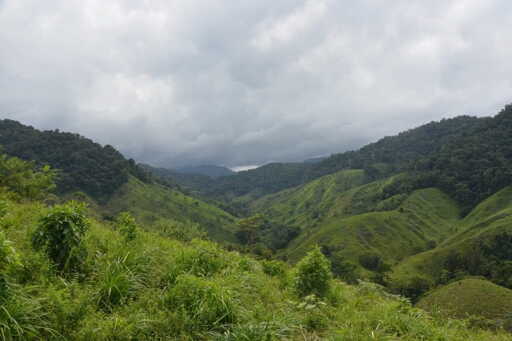A new report by the Forests & Finance Coalition finds that despite years of voluntary climate commitments, banks and other financial institutions have continued to increase their investments in companies linked to deforestation. The value of investments in these companies — in industries such as beef, soy, palm oil and paper — has increased by almost $8 billion since the Paris Agreement was signed a decade ago, the report finds. As of September 2025, investors held $42 billion in bonds and shares in more than 191 forest-risk companies identified in the report. The three largest investors are Permodalan Nasional Berhad (PNB) and Employees Provident Fund, both Malaysian state-owned entities, and U.S. investment manager Vanguard. Banks, including Brazil-based Banco do Brasil, Sicredi and Bradesco, provided $429 billion in loans and underwriting to more than 300 forest-risk companies, representing a 35% increase between 2016 and 2024. “A decade after the Paris Agreement, we see little to no action from banks and investors to stop the money pipeline to tropical forest destruction,” Merel van der Mark, Forests & Finance Coalition coordinator and co-author of the report, told Mongabay in an email. “In fact, our data shows that overall, credit and investment keep growing, while banks and investors lack the necessary policies and processes to ensure this money will not harm forests, people and the climate. This means that we need far stronger, and mandatory, measures to start shifting these financial flows.” None of the institutions mentioned in this story responded to Mongabay’s request for…This article was originally published on Mongabay
From Conservation news via this RSS feed


